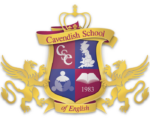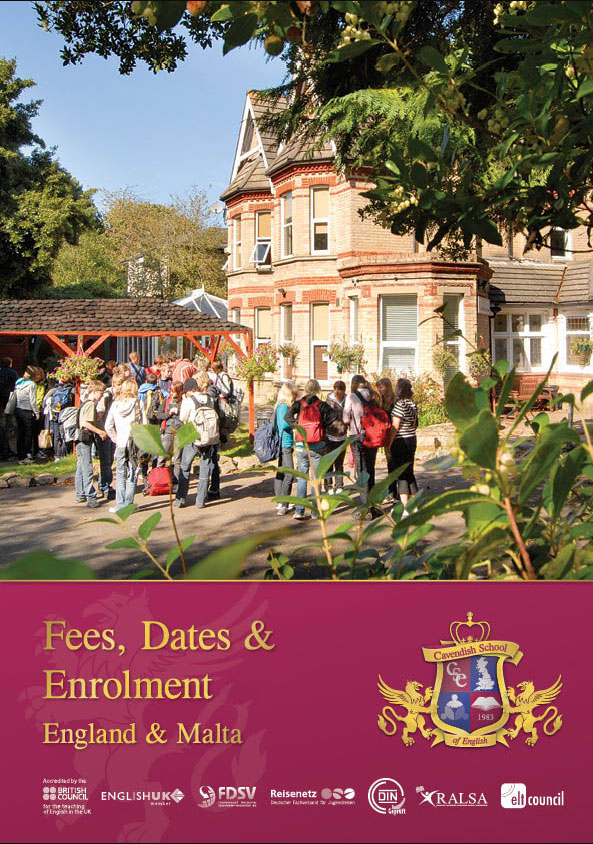Lots of students would like to improve their English vocabulary but they don’t know how. It doesn’t really help to study disorganised lists of new words without any context – there are many more effective strategies. We would like to give you some advice:

- Make thematic lists. Semantic fields are the best way to relate words and concepts. It’s much easier to remember words that are connected in some way rather than just random words with no connection at all.
- Study with images. Matching a photo with the word in English helps avoid the dreaded translation into your own language, which may not always accurate.
- Learn adjectives along with their opposite. 2 x 1! By learning the meaning of a word as well as its opposite, you will double your vocabulary very quickly. It’s a really good strategy and an excellent way to expand your vocabulary faster.
- Learn phrases, not single words. To master idioms or word order, it’s better to study the complete structure or common collocations.
- Avoid using your language: look for synonyms. This exercise is also very useful with phrasal verbs. If you look for words with the same meaning, it will allow you to repeat yourself less when you are speaking or writing.
- Look for similarities. Memorising irregular verbs alphabetically is not as effective as creating groups of verbs whose irregularities are identical or very similar (for instance, sell-sold / tell-told). You can do the same with pronunciation.


